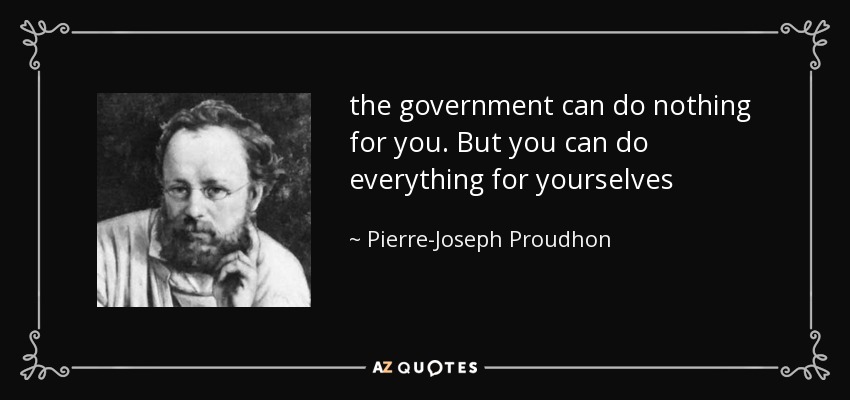
Recently, I posted my thoughts about the stimulus here.
My brother wrote a rebuttal here.
And happy to say my Father has written his thoughts. Enjoy.
I was, as a father, proud of both articles on the stimulus. Essentially, I agree with Nathaniel’s but I very much appreciated Gavin’s ending comments about the Church.
Now for my own comments:
Essentially, I feel that handing out money as in all “stimulus” or “pump priming” or “make work” schemes is flawed. If I, as an individual, did any of them it would be considered dishonest. There are, in my opinion, three things that enable politicians to do it and essentially “get away with it”.
#1 Corrupt the language. Lenin said the key to destroying private property and capitalism is to corrupt the language. In this case, the word corrupted is “money”. Real money is “a medium of exchange”. But obviously, if you simply print money and distribute it without expecting anything in return, what we call “money” is really something else. It is not really money in the sense of a medium of exchange. It becomes in fact, a medium of control. By doing it politicians are trying to control people, usually in order to get their votes and stay in power.
#2 Denial of the validity of the “Law of Markets” (Say’s Law). Both Marx and Keynes based their economics largely on the idea that in an advanced economy Say’s Law no longer operates. Hence, the key to economic success is spending and consuming. This gives rise to the so-called “Paradox of Thrift”, ie what was earlier considered a virtue—saving—is, in fact, a vice. This gives rise to a whole tissue of fallacies, e.g. investment, tools, manufacturing, invention, entrepreneurship, and even self-discipline are essentially automatic; they just happen and are, in advanced economies, inevitable. What must be “stimulated” is spending.
#3 The government has independent resources, even hidden resources above and beyond takings. This myth is perpetuated by the fact that as people come to depend more and more on government, the government takes over more and more functions that at one time were private. Few of these produce a surplus which would provide the resources to give out “stimulus” money. Does anyone honestly think that the surpluses generated by the post office, the VA hospitals, the public schools, PBS, and Public radio, etc, etc, will actually provide the resources to pay for free medical care, free food, and now, checks for everyone, and the numerous other “stimulus” programs? Most of these government “businesses” run most years in the red.
Why do politicians do this? I believe it is because they realize that in today’s dependent political climate, if they were totally honest they would lose their jobs and with their skills they would be lucky to find work at McDonald's. I resent it because my wife and I have saved for years to make our home more comfortable for us and for our children when they visit. The fact of the matter is that when the government does not have the simple decency to tax for whatever they spend, their only recourse is to take it out of people’s savings. Recently, we got a quote for the cement work required for a garage we were hoping to add to our yard. That cement work will now probably cost us more than what we had originally budgeted for the entire garage and if we can’t get our contractor to do the work before the effect of this latest “stimulus” kicks in, the cement work will probably cost more than the entire project, if we can afford it at all.
One last comment: I deeply resent the idea that whenever there is a problem, the government must do something.
In 1920-21 almost all the leading economic indicators dropped lower than they did during the Depression of the 1930’s. The problem was—or in my opinion, the blessing was—the president, Harding, was so involved with scandals, and the vice-president, Coolidge, and his Sec. of the Treasury, Mellon, felt it was none of their business, so as a result, the government did nothing. The result was that this, which, had Wilson or Hoover, or Roosevelt been president would probably have been our “Greatest Depression” was over and done in less than a year. All too often, what the government does, beyond what the Constitution says it ought to do results in such a distortion of motivations and incentives for individuals, that it is worse than “doing nothing.”
If you liked this article please consider subscribing to my blog by entering your email below.
No comments:
Post a Comment